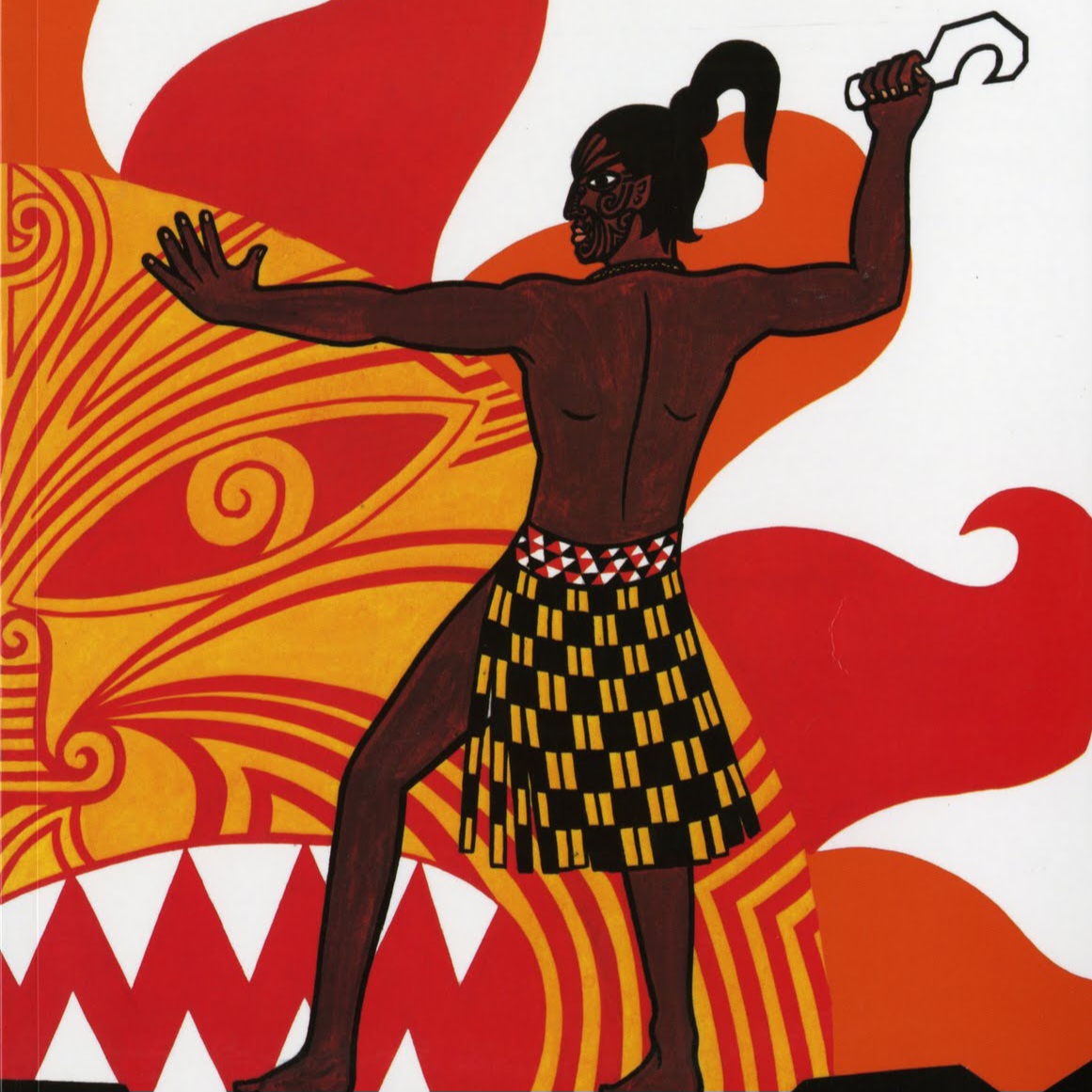So I’m a New Zealander and I have a pretty good idea on how the electoral college system works but it honestly sounds like something that can be easily corrupted and it feels like it renders the popular vote absolutely useless unless I’m totally missing something obvious?
So yeah if someone could explain to me what the benefits of such a system are, that would be awesome.
Edit - Thanks for the replies so far, already learning a lot!
It’s a decent idea that’s been devastatingly crippled. We could fix almost all the problems with it by doing two things: unbinding electors, and uncapping the House. If more states moved to a proportional system, that would help, too.
The thing is… to forbid states to bind their electors (binding means the elector is not free to choose their vote for President, but must vote as dictated by state law) or to force states to choose electors proportionally, is beyond the power of the federal government. It would be better for everyone if states did this on their own, of course, but they can’t be forced to do so.
Uncapping the House is desirable both in itself (for greater, and more granular, representation in Congress) and would also make the EC more representative by allowing more electors to populous states, without diminishing the representation of less populous states. But making the EC more democratic, without the check that unbound electors provide, could be dangerous, pushing the country further towards populism.
How would allowing electors to vote whatever they want be an improvement over binding them to state law?
Uncapping the house, yes, is a good thing. But I can’t see how allowing unfaithful electors is a good idea.
Because they could weed out eminently unfit candidates, like a certain recent President.
But alternatively, it could be easily abused in the opposite direction. Better to just get rid of it and replace with some better voting system in my opinion.
A diverse group of electors conspiring to elect an unfit president is farfetched, IMO.
Like most weird things with the American federal government, you have to remember that at the founding, the individual states were much more autonomous, more similar to individual countries than they are now.
Primarily, the electoral college was one of many compromises made between the states so that all of them would sign on and join the union. It was deliberately designed to give smaller states a disproportionate say in the presidential election, to sooth their fears that they would end up being controlled by the larger more populous states (again, at the time, people would have identified much more strongly with their state than with the federal union.) So, the benefit was that it gave the smaller states enough of a say that they were willing to join the union.
If you conceive of the United States as a single nation state, which many today do, but was not historically a universal norm, then there’s no real benefit and only serves to help Republicans maintain power, since less populous states tend to vote Republican. This is what most people tend to believe, especially people on the left, and why you largely see most people online oppose the electoral college.
If you conceive of these United States as a group of states and not just a giant nation state, then the electoral college allows the separate states some hedge against being dominated by their larger neighbors. Almost no one actually believes this. You’ll mostly see Republicans bring up this argument, but by and large they’re hypocritical about it(they’ll use states rights when it serves them, and federal power when convenient). There are some people who do truly think that the states should be left to govern themselves, as a matter of principle and not just as part of a political game to get their way when convenient, but they are very rare.
Just look at how the EU government works, they ended up with a very similar system, just with a parliamentary twist. It’s a bit of a natural compromise when you have a bunch of nations with their own identity coming together to form a larger body.
In general, complicated electoral policies help maintain the status quo and a disconnect between the people and the state. It makes the people always think that things are bad because they didn’t use the system right. Come on guys we need more voters. Come on guys we need to focus on swing States. Actually guys we need to vote in Congress too. Guys we also need local elections. Omg guys, we forgot about the supreme court!!
Rather than revolting against your government, you will always be presented with another route forward that won’t take you there.
I am an American. There are none other than ensuring the ruling class continues to wield unbalanced power over the masses.
Upon the founding of this country the office of president was very severely limited in what its function was (technically still is, which has been the great grift of American politics—true power is in congress but no one pays attention to congressional elections).
Nowadays the presidency has expanded a bit from its original design, to the point that it really should be a directly elected office, but it is very difficult to change the constitution of this country so the electoral college remains.
You’ve pretty much got it already, no benefits.
There are benefits?
As a US citizen, it seems like it should be relegated to the last century and not dragged any further into the future.
Americans really have a hard time renewing things. The US is so high on the idea being the best country in the world, that they are afraid to change anything and get very defensive about modernization. I am kind of glad that Germany got a reset and was able to build something new in a modern time. I see how the US and UK really struggle with their excess weight of previous centuries. Ranked voting is more democratic. But how to you tell people that they have to change if they think they have the best system (while their current system clearly is dismantling their society at the same time)
It’s an interesting conversation topic. It’s easy to mock for being backward and racist. It serves as a good cautionary tale for other governments…
Definitely an interesting topic for sure!
I guess most other governments would never need a system like that given I don’t imagine there’s any other country in the world that is made up of as many States as the US.
We have an interesting electoral system in NZ called MMP which is essentially a first across the post system so even if a party gets more votes than anyone else, it they didn’t get enough to cross the post/finish line, they don’t win and so a coalition can be formed by smaller parties that got less votes to get across the finish line and therefore the country is then run by multiple political parties.
The “popular vote” is also not a perfect system. When there are a majority of rural voters in area, and those voters are poorly educated, they come up with some interesting choices of town mayors, who then have no clue how to actually run a town council and provide services (not inside the US but just saying, no political system seems to be perfect).
What I’ve heard is that it prevents “tyranny of the majority”, whereby the majority would just get their way 100% of the time.
I know that sounds like exactly what should happen, but I think the thought is that sometimes the majority does not vote in the country’s best interest.
As an exaggerated example, say there is some budget concern that would allocate all money to urban business and zero to rural. Depriving rural business like farms of this funding would cripple the country’s food reserves. But the majority live in urban environments, so they’d vote selfishly and fuck up the country. So rural voters are given more power to balance it out.
Now in my opinion - I don’t care about any of that. And I think if the majority votes one way and fucks up the country, so be it. Gotta learn to vote in the country’s interest and not your own.
The analogy of farmer vs urban is great. Thanks!
OP’s country has proportional representation, which means that sometimes majorities and minorities have to team up to get legislation passed.
Makes it easier for the establishment to control the outcome.
I mean it seems like you understand the system perfectly.
the main ‘advantage’ i believe is that it allows non-voting people to lend weight to the votes of those who do vote. it allows states to disenfranchise voters, without that impacting their state’s influence on national politics. it also allows smaller states a larger proportional influence than their population would make reasonable.
personally, i don’t see those as advantages, but i’m not some wealthy slave owner from the 1700s.
Don’t forget the 18 people from Wyoming who really enjoy it too, they get to be counted the same as hundreds of thousands of new yorkers
It helps candidates that don’t actually have a policy win elections anyway. Helps the side that keeps losing popular elections get into office regardless.
At the time the electoral college was devised, the only way to reliably get an important message from a state capital to the federal capital was to send a trusted messenger on a horse. The electors are those trusted messengers.
Also, back then there was still a lot of disagreement about how the US would work. Was it going to operate be a single, unified country or would it be more like an EU style organization with a unified defense? IE Federalists vs Anti-Federalists? The electoral college was a compromise to let each state run its own elections and only franchise who they wanted. It’s important to remember that the US was not founded as a universal suffrage nation, and has only slowly and after much painful internal struggle expanded civil rights.
IIRC there was also a desire to put some distance between the unwashed masses and the election. James Madison, for example, was clear in his writings that he feared the system would devolve into mob rule by whichever group could whip up the most angry followers (January 6, 2021 anyone?). The presidential electors have an opportunity to be the adults in the room if the election is a hot mess and cooler heads need to prevail (though they can also swing the other way and wreak havoc so it’s a double-edged sword).
Originally, the benefit was that the president would be chosen by the established powerful men, not the filthy proles.
See https://en.wikipedia.org/wiki/Article_Two_of_the_United_States_Constitution#Clause_3:_Electoral_College and https://en.wikipedia.org/wiki/United_States_Electoral_College#History
After reading that second link, it definitely seems like they’re saying the average citizens weren’t smart enough to decide who should be president lol.
Thanks for the links.
That’s the reasoning, yes. Not so much “not smart enough” as “not civic-minded enough”, that is to say, people are short-sighted and selfish.
And, in a rural, agrarian society, not educated or up to date on recent events enough to vote in an informed way. Paternalistic, sure, but not completely unreasonable given the era.
I honestly believe this is still the case today.
How many people voted for Biden because he promised to forgive student loans? Something that causes terrible inflation, wrecks our already strained debt, and only benefits themselves?
How many people voted for Trump because he promised to cut taxes at the expense of our budget? Something that causes inflation, wrecks our already strained debt, and only benefits themselves?
People are very short sighted and vote very selfishly. Not everyone, but a large chuck of Americans are this way, and this is why every candidate usually throws in a couple promises like this just to appeal to those selfish voters.












